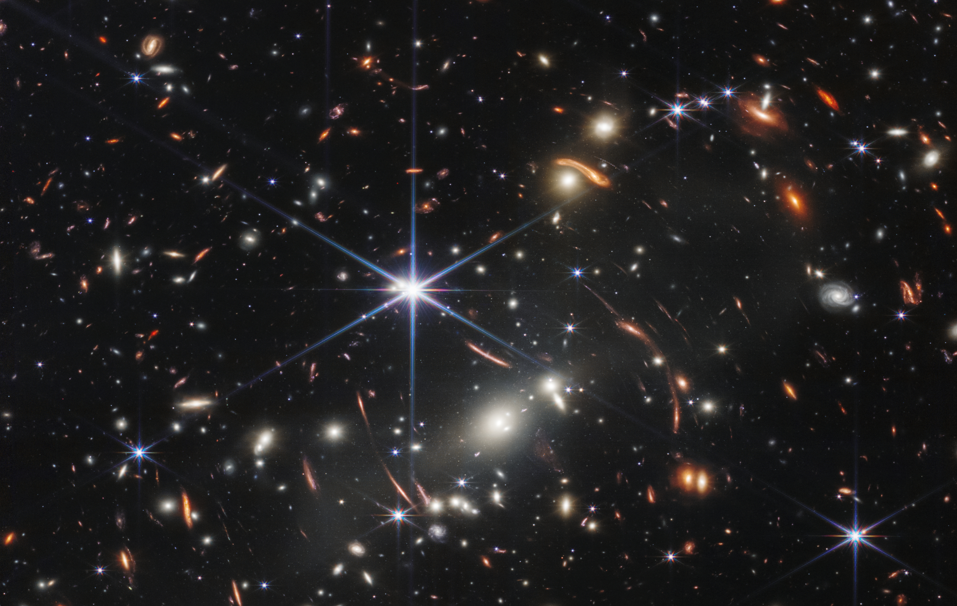A study conducted with the help of two researchers from Liège has discovered water in space, thanks to data from the James Webb space telescope, RTBF reports.
370 light years away from Earth, the team of astronomers discovered water vapour in space. Notably, two giant planets are rotating around a star, surrounded by a ring of water vapour.
"One of the consequences of our results is that water could be more common than we thought on rocky planets like Earth in our galaxy. A rocky planet like Earth would not necessarily need a collision with a comet to have oceans as the commonly accepted theory presents. The water can be there from the start," said Valentin Christiaens, researcher at ULiège.
To detect water at such distances the researchers used astronomical spectroscopy, which analyses light emitted from objects deep in space.
Related News
- European Satellite Euclid launches on mission to "revolutionise galactic mapping"
- Europe's Euclid space telescope to be launched on 1 July
"It is the colour of the light that tells us the composition of the object. This is the first time that we have detected water in a rather evolved disc in which planets are forming and that we have been able to detect," Christiaens told RTBF.
The Belgian researchers helped contribute to technology that helped enable the study. They hope that it will be just one of many breakthroughs in the future.

